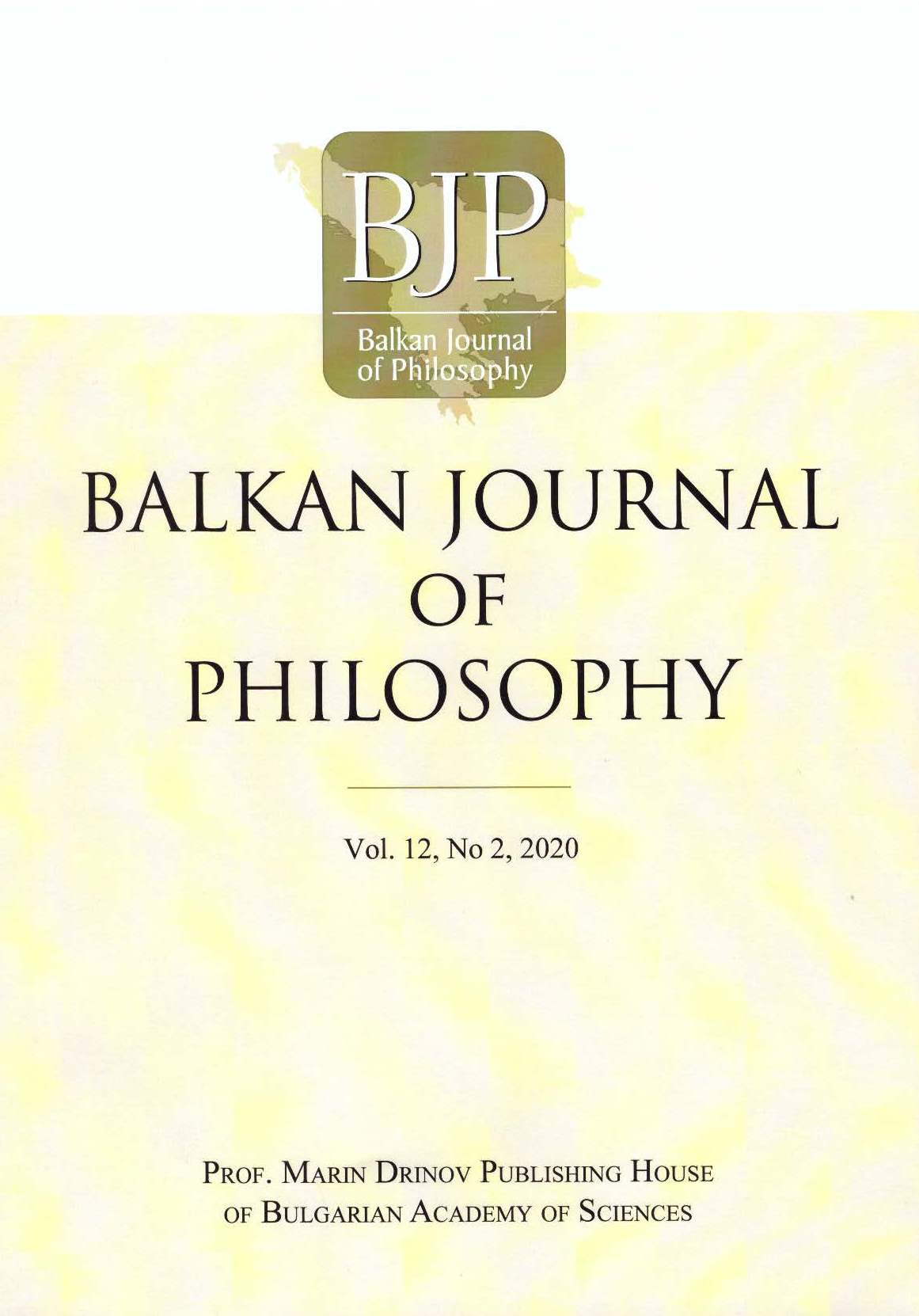Infinite Lifespans, Terraforming Planets, And Intergenerational Justice
Infinite Lifespans, Terraforming Planets, And Intergenerational Justice
Author(s): Adelin-Costin DumitruSubject(s): Philosophy, Ethics / Practical Philosophy, Special Branches of Philosophy, Philosophy of Science
Published by: Институт по философия и социология при БАН
Keywords: Intergenerational justice; limitarianism; non-identity problem; sufficiency
Summary/Abstract: When it comes to specifying the moral duties we bear towards future generations, most political philosophers position themselves on what could be regarded as a safe ground. A variant of the Lockean proviso is commonplace in the literature on intergenerational justice, taking the form of an obligation to bestow upon future people a minimum of goods necessary for reaching a certain threshold of well-being (Meyer, 2017). Furthermore, even this minimum is often frowned upon, given the non-identity problem and the challenges this presents to the topic of justice between generations. Additional issues are raised at the level of non-ideal theory, the most significant being the problem of non-compliance (Gosseries and Meyer, 2009). In this paper I intend to probe the limits of “practical political possibility” (Rawls 1999), by inquiring whether embracing the sufficiency view (Frankfurt, 1987; Crisp, 2003; Benbaji, 2005) as a distributive pattern and capabilities as a metric can lead to more burdensome obligations for present generations. More specifically, I try to show that we have a duty to invest in research that aims at prolonging the lifespan of humans (the idea can already be found in the sufficientarian literature, for instance in Farrelly, 2007). Moreover, given the Earth’s limited resources, we ought to encourage the terraforming of other planets in order to make them inhabitable for (future) people. I argue that these two seemingly far-fetched projects are in fact worthwhile goals to pursue on the one hand, and moral obligations on the other hand. Nonetheless, they are not the only ones we ought to take on; for instance, we must simultaneously pursue them and try to improve the prospects of those who fall under a sufficiency threshold here and now. That is, specifying these (prima facie) duties towards future generations is connected with stronger obligations towards the current generation. Towards the end of the paper I engage in a discussion regarding the role of the feasibility constraint in a theory of justice, as rationales pertaining to feasibility are perhaps going to be the most recurrent criticisms raised against my proposal. To that end, I defend limitarian policies, which aim at setting an upper limit to how much money individuals are allowed to possess (Robeyns, 2017; Volacu and Dumitru, 2019).
Journal: Balkan Journal of Philosophy
- Issue Year: XII/2020
- Issue No: 2
- Page Range: 75-86
- Page Count: 12
- Language: English
- Content File-PDF

